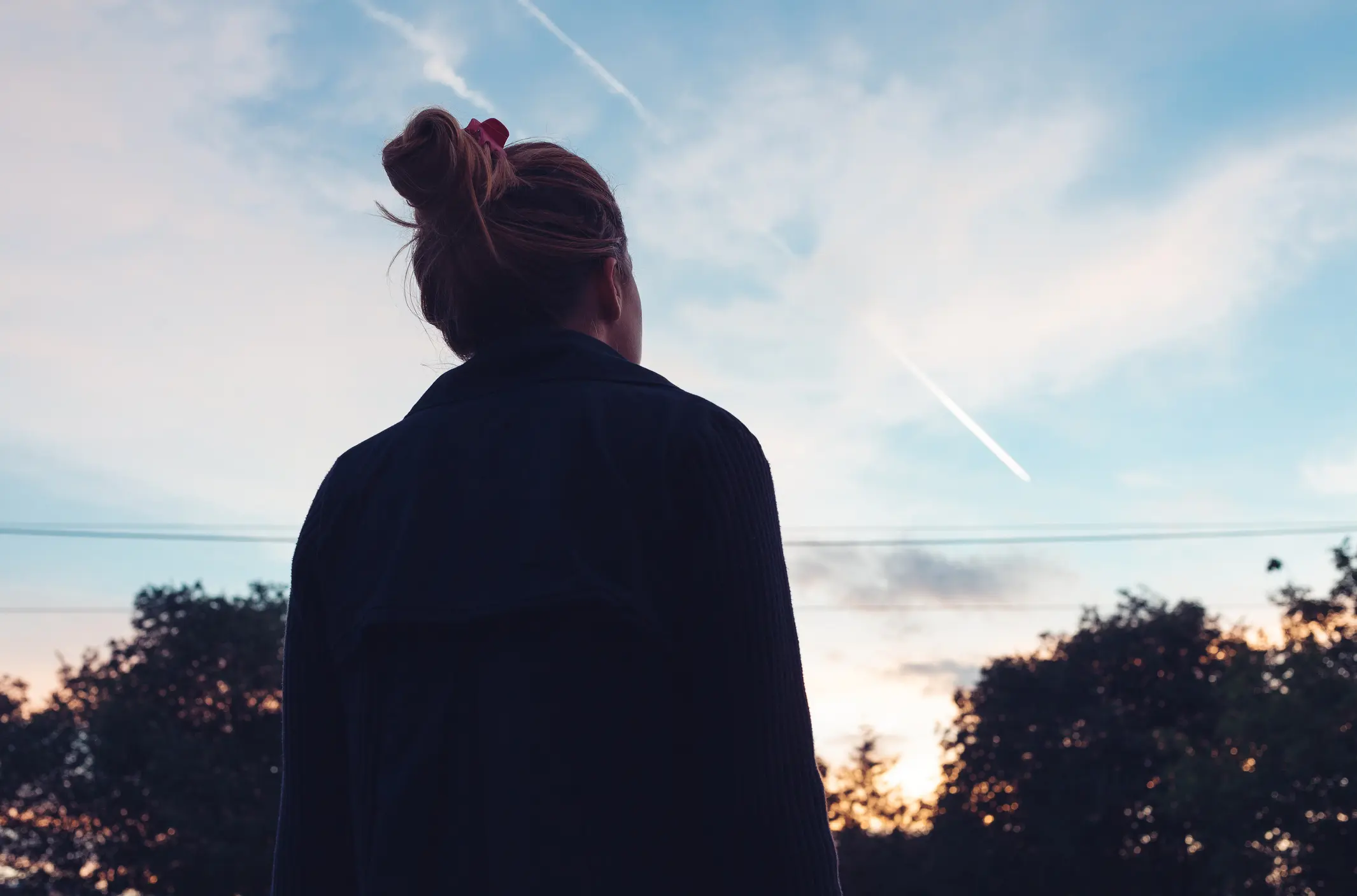
Alcohol use disorder (AUD) is the most common substance use disorder in the U.S., affecting millions of individuals and families.
Alcohol is deeply embedded in many cultures, playing a role in socialization, celebrations, and traditions. However, excessive or risky alcohol consumption poses serious public health challenges, increasing the risk for AUD, liver disease, heart disease, depression, stroke, and various types of cancer.
We incorporate proven behavioral therapies, including:
Gateway Foundation’s Residential Withdrawal Management (RWM) provides a medically supervised environment with 24/7 nursing care, medications to ease withdrawal symptoms, and counseling from licensed therapists for individuals to safely withdraw. Patients can transition to residential or outpatient treatment for continued care after RWM.
MAR combines FDA-approved medications with therapy to help individuals maintain recovery by:
We believe that every individual’s journey to Recovery is unique. Our team creates tailored treatment plans that address the physical, emotional, and social aspects of AUD.
Recovery doesn’t end after treatment. We offer:

If alcohol is affecting your health, relationships, or daily responsibilities, it may be time to seek help. Warning signs include drinking more than intended, struggling to cut back, experiencing withdrawal symptoms, or continuing to drink despite negative consequences.
If you’re worried about a loved one, look for changes in their behavior, mood, or responsibilities. Early intervention can make all the difference. If you or someone you care about needs support, Gateway Foundation is here to help. Call us today.
We use cookies to give you the best experience on our website. If you continue without changing your cookie settings, we assume that you consent to our use of cookies on this device. You can change your cookie settings at any time but if you do, you may lose some functionality on our website. More information can be found in our Privacy Policy.